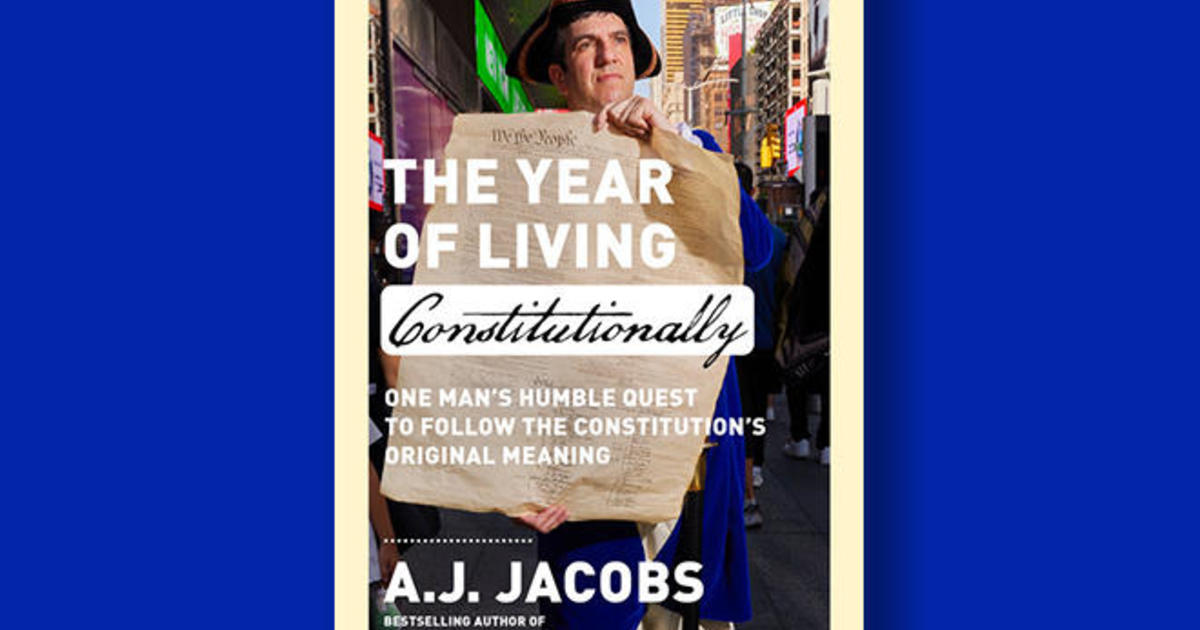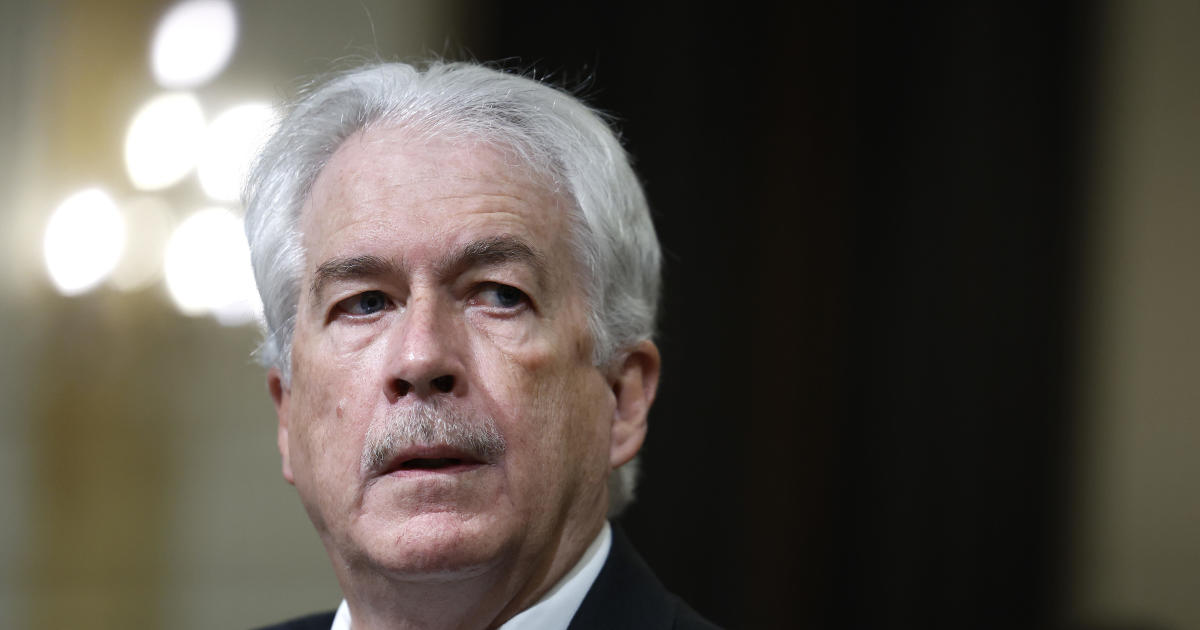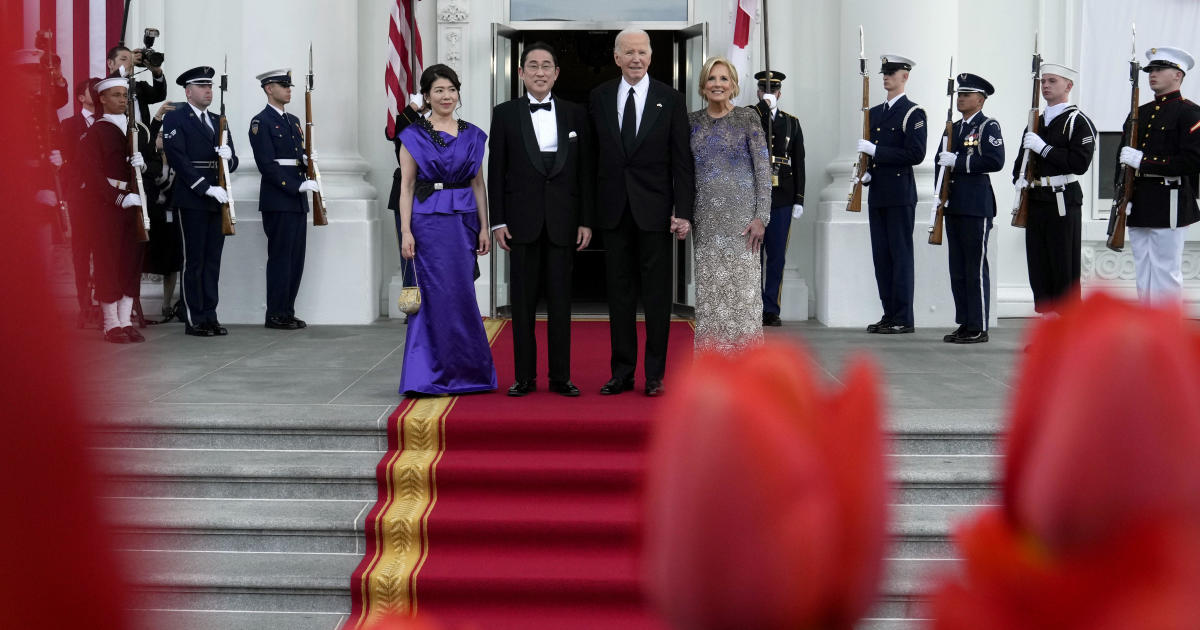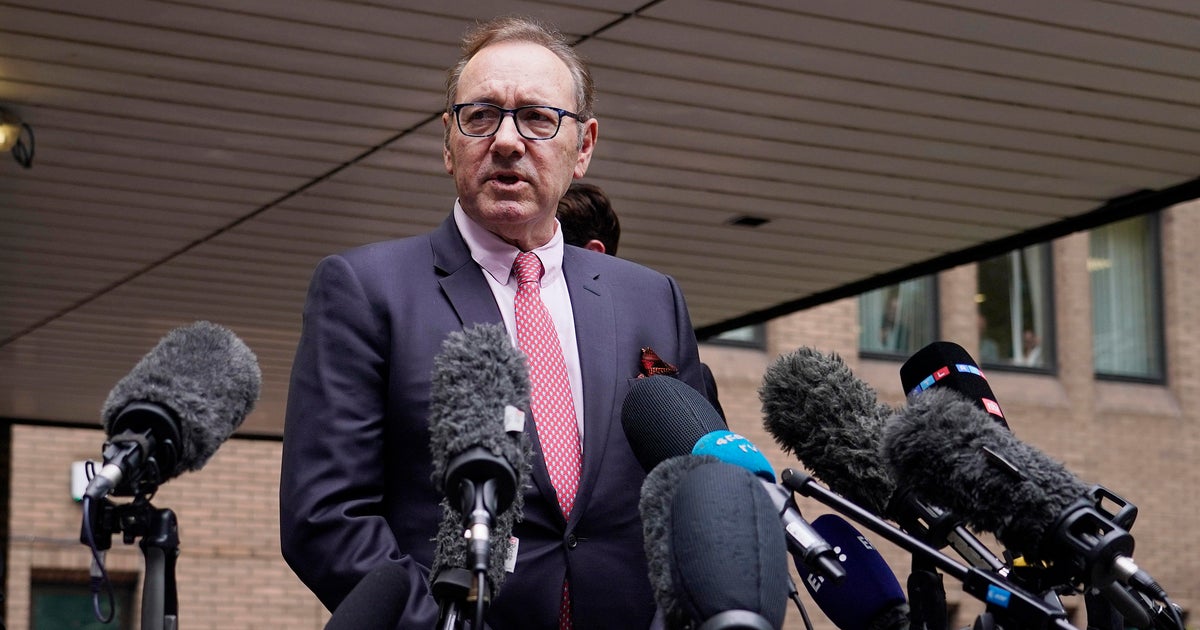How 1970s pop culture predicted today's politics, according to journalist Ron Brownstein
Although the current political atmosphere may seem entirely different from anything we've seen before in the U.S., one longtime journalist and author argues that the politics and popular culture of the 1970s parallels what's going on in society now, almost 50 years later.
Ron Brownstein, journalist and author of the new book "Rock Me on the Water," spoke with CBS News chief Washington correspondent Major Garrett for this week's episode of "The Takeout" podcast. In his recent book, Brownstein points to the intersection of politics and culture in Los Angeles during the 1970s.
"It was a hinge point in American social and political history because it really was through the pop culture produced in LA in the early 1970s that the '60s critique of American life was embedded into our culture. Ideas like greater suspicion of authority in business and government, changing relations between men and women, more personal freedom, more inclusion of previously marginalized groups," Brownstein said.
He noted that Richard Nixon won two elections in large part by mobilizing voters most uncomfortable with the changes of the 1960s. But movies like "Chinatown" and "The Godfather," and television programs like "The Mary Tyler Moore Show" and "M*A*S*H," reflected the social changes happening in the country during the Nixon era, Brownstein argued.
"The culture was ahead of the politics in predicting what America would become, and that I think is the key parallel today. Much like Nixon, Trump showed there is an enormous audience, there is a big audience, that can be mobilized on a message of resisting the way society is changing," he said. "But I would argue that from the '70s, the precedent is pretty clear that the culture in many ways can be a better guide to where we're living."
However, Brownstein noted that "the great blindspot" of the pop culture of the era was that it was overwhelmingly white and marginalized the voices of women, Black people and people of color. "The people in control were still White men, up and down the line," he said.
"Now we have an interwoven generational and racial transition, as you know, because the millennials and Generation Z are each the most diverse generation in history," Brownstein said. "In the same way that I believe culture was ahead of politics in predicting what the country would become in the 70s, I think that is true again now, and it is most true perhaps in the measure of this diversity and this inclusion."
He argued that despite former President Trump's ability to mobilize voters to try to stop societal changes, the country would eventually follow the culture.
"That inclusion, that celebration of that diversity is inexorable in American life, even if you can organize short-term political gains around opposing it," Brownstein said.
For more of Major's conversation with Brownstein, download "The Takeout" podcast on Art19, iTunes, Spotify, Google Podcasts, and Stitcher. New episodes are available every Friday morning. Also, you can watch "The Takeout" on CBSN Friday at 5pm, 9pm, and 12am ET and Saturday at 1pm, 9pm, and 12am ET. For a full archive of "The Takeout" episodes, visit www.takeoutpodcast.com. And you can listen to "The Takeout" on select CBS News Radio affiliates (check your local listings).
Producers: Arden Farhi, Jamie Benson, Sara Cook and Eleanor Watson
CBSN Production: Eric Soussanin, Julia Boccagno and Grace Segers
Show email: TakeoutPodcast@cbsnews.com
Twitter: @TakeoutPodcast
Instagram: @TakeoutPodcast
Facebook: Facebook.com/TakeoutPodcast




